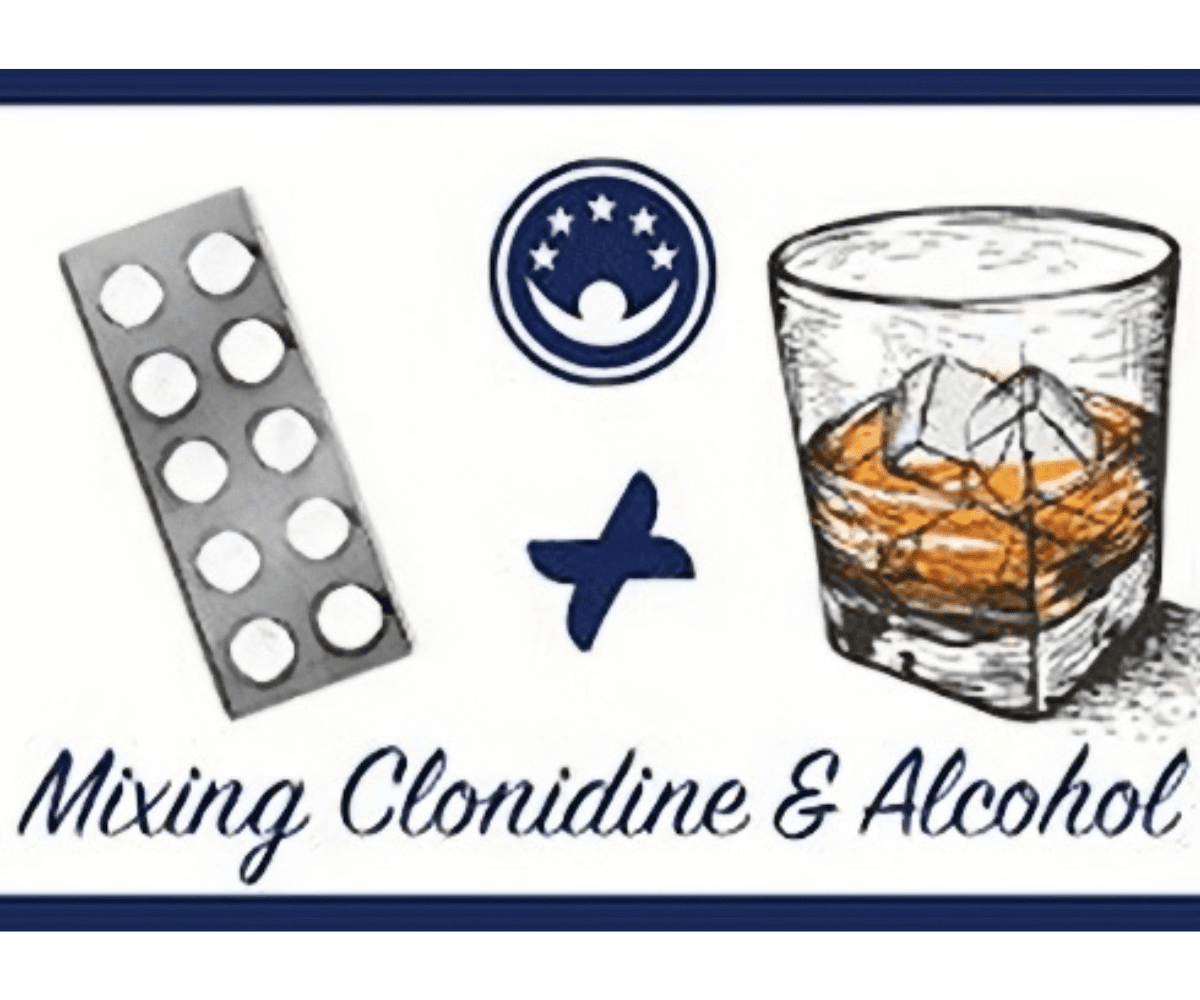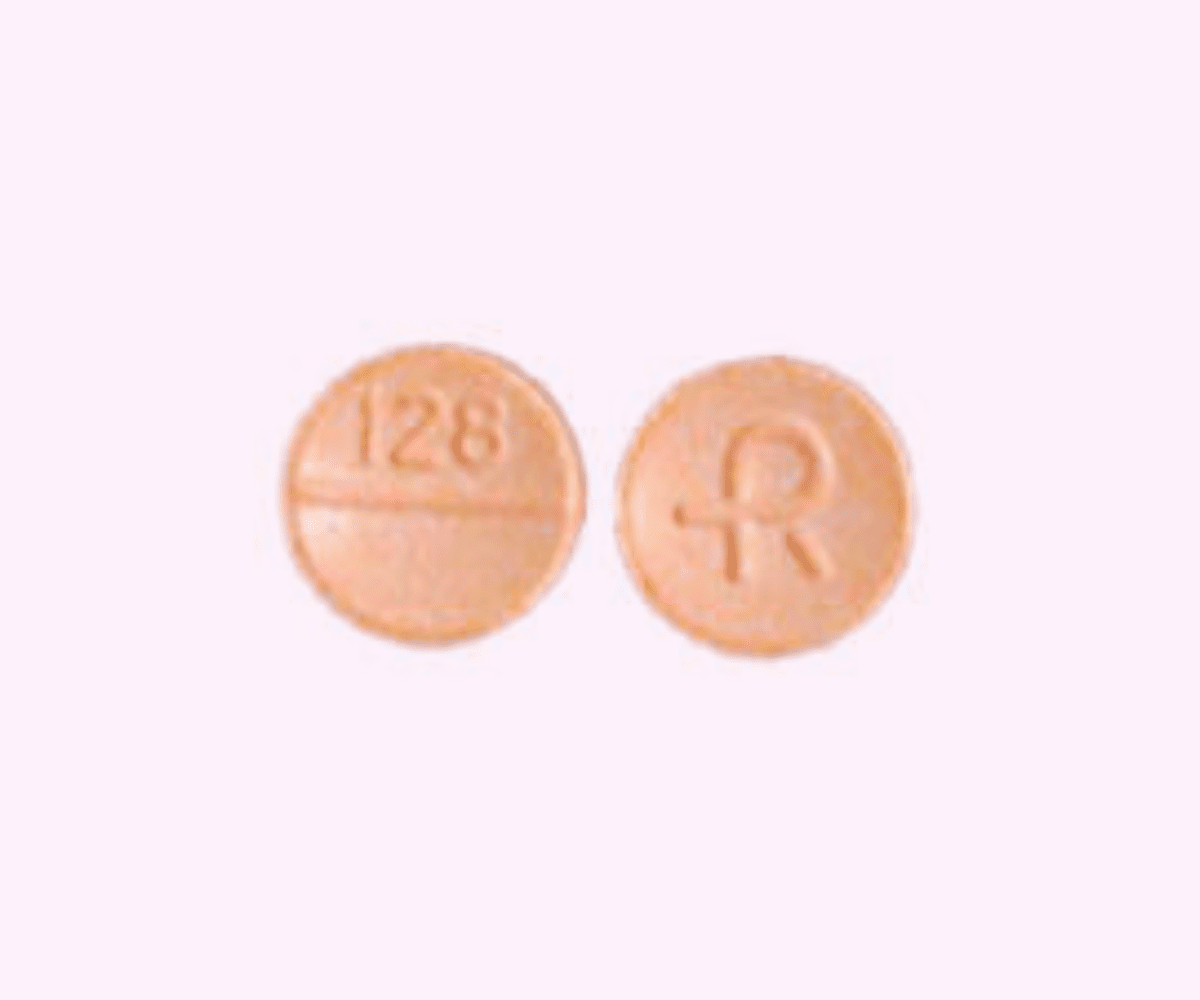Clonidine and Alcohol: A Dangerous Mix


Clonidine helps with high blood pressure, ADHD, and other issues. Conversely, alcohol is a commonly ingested substance with diverse impacts on the human body. When clonidine and alcohol are combined, it can lead to a dangerous interaction that can be harmful to one’s health.
Clonidine is a medication that can lower high blood pressure and slow down the heart rate. Doctors often give it to people with conditions like high blood pressure, ADHD, or other issues such as hot flashes, anxiety, and certain types of pain.
The Effects of Alcohol:
Alcohol is a substance that slows down the brain and can make it hard to think clearly or move properly. It can also cause dehydration, nausea, and other unpleasant side effects.
Mixing clonidine and alcohol can make them both stronger and cause dangerous side effects. Here are some of the risks associated with mixing clonidine and alcohol:
1. Increased Sedation and Drowsiness: Both clonidine and alcohol can cause drowsiness and sedation. When combined, the sedative effects can be intensified, leading to extreme sleepiness, lethargy, and impaired coordination. This can elevate the likelihood of accidents and physical harm.
2. Low Blood Pressure: Clonidine makes blood pressure go down, and alcohol can also make it drop. When used together, they can make blood pressure go dangerously low, which can make you feel dizzy, faint, and even harm your organs.
3. Impaired Cognitive Function: Alcohol can impair cognitive function, including judgment, decision-making, and memory. When clonidine is mixed in, it can make cognitive problems even worse. This makes it hard to do things that need you to stay focused and think clearly.
4. Mixing clonidine with alcohol makes overdose more likely because both can make each other stronger. Overdose symptoms may include extreme drowsiness, difficulty breathing, and even coma.
5. Not drinking enough water and having the wrong minerals in your body can happen if you drink alcohol and take clonidine together. This can lead to problems like kidney issues and muscle cramps.
Safety Tips: If you’re on clonidine, don’t drink alcohol or try to keep it to a minimum. Always check with your doctor before mixing any medications with alcohol.
If you drink alcohol while using clonidine, it’s important to watch for any bad effects like feeling very sleepy, dizzy, or having trouble breathing. If you notice these, get medical help right away.
CONCLUSION:


Mixing clonidine with alcohol is risky and can cause problems like feeling extra tired, low blood pressure, trouble thinking clearly, overdose, and dehydration. It’s important to listen to your doctor and not drink alcohol while you’re on clonidine. If you’re worried about drinking and taking medicine, or if you have trouble with alcohol, talk to a doctor or someone who helps with addiction.
FAQs:
Q1: Can I have a glass of wine while taking clonidine?
It is generally not recommended to consume alcohol while taking clonidine. Even small amounts of alcohol can increase the risk of adverse effects and interact with the medication.
Q2: What should I do if I accidentally consume alcohol while taking clonidine?
If you accidentally consume alcohol while taking clonidine, monitor your symptoms closely. If you experience extreme drowsiness, dizziness, or difficulty breathing, seek medical attention immediately.
Q3: How long should I wait after taking clonidine before consuming alcohol?
It is best to avoid consuming alcohol altogether while taking clonidine. However, if you must consume alcohol, it is recommended to wait at least 8-12 hours after taking your clonidine dose before drinking.
Q4: Can clonidine and alcohol cause liver damage?
Both clonidine and alcohol can harm your liver, especially if you take too much for a long time. Mixing these substances raises the chances of harming the liver.
Q5: Can I stop taking clonidine abruptly if I want to consume alcohol?
No, it’s not good to suddenly stop taking clonidine without talking to your doctor first. Suddenly stopping clonidine can cause a dangerous problem called “rebound hypertension,” which means your blood pressure could suddenly go up a lot.
Specifications:
- Active Ingredient: Clonidine Hydrochloride
- Dosage Forms: Tablets, Extended-release tablets, Transdermal patches
- Common Brand Names: Catapres, Kapvay, Duraclon, Jenloga
- Typical Dosage Range: 0.1 mg to 0.8 mg per day (depending on the condition being treated)
- Duration of Action: 6-8 hours (regular release), 24 hours (extended-release)
- Common Side Effects: Dry mouth, drowsiness, dizziness, constipation, fatigue, headache
- Contraindications: Severe bradycardia, severe cardiovascular disease, hypersensitivity to clonidine
- Warning: If you suddenly stop taking this medicine, it might make your blood pressure go up fast again. It can also make it hard to drive or use machines.
High blood pressure and its risks.

